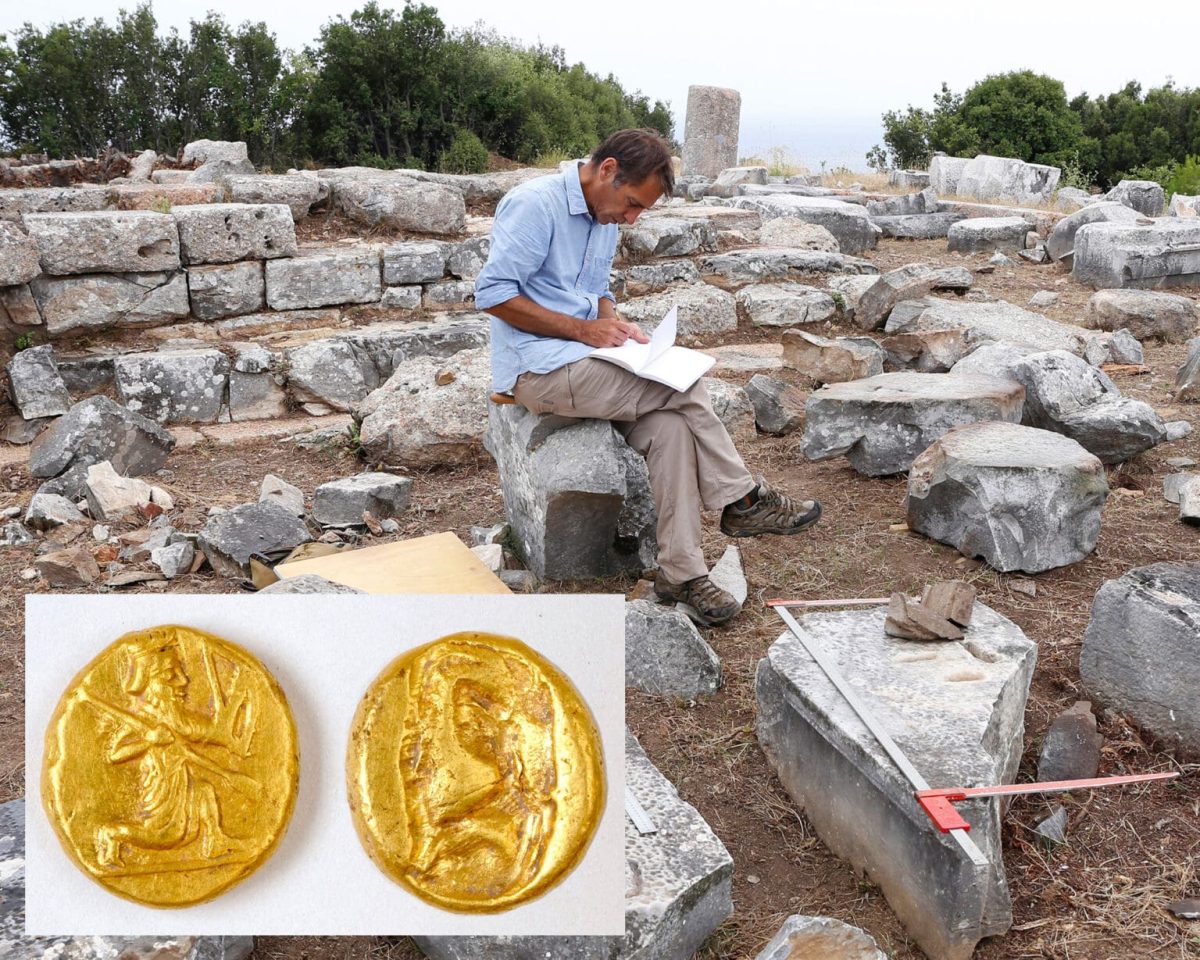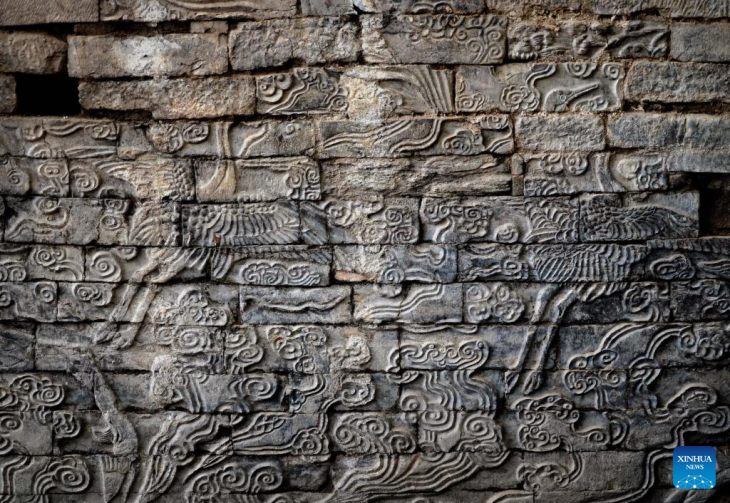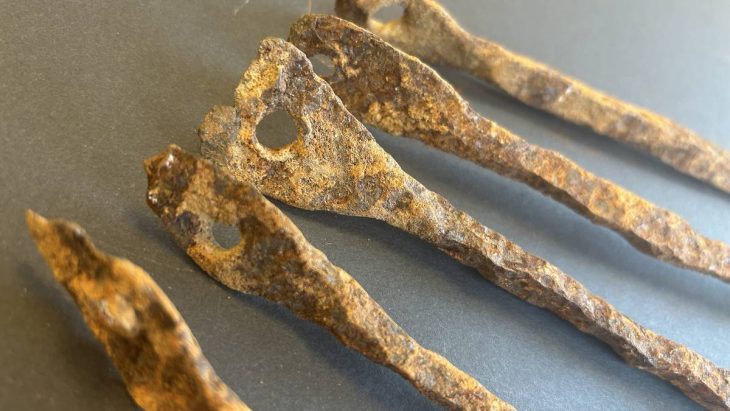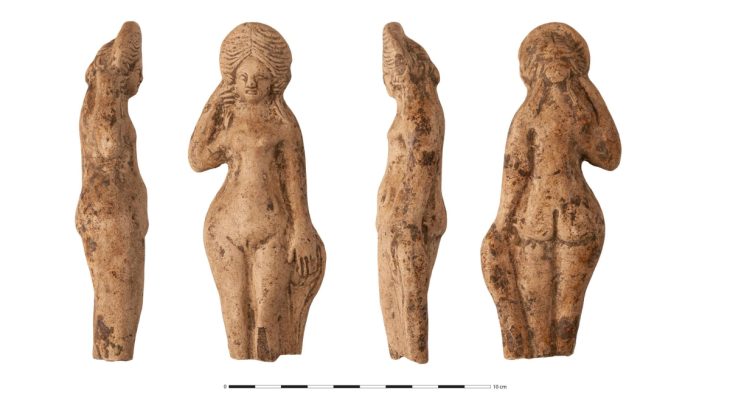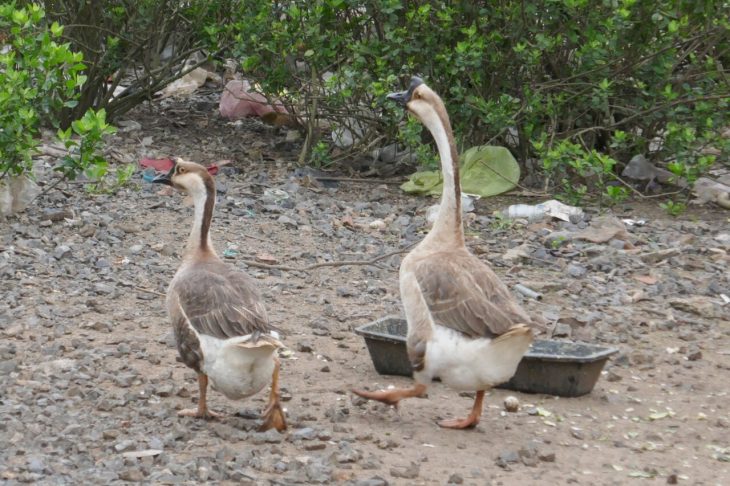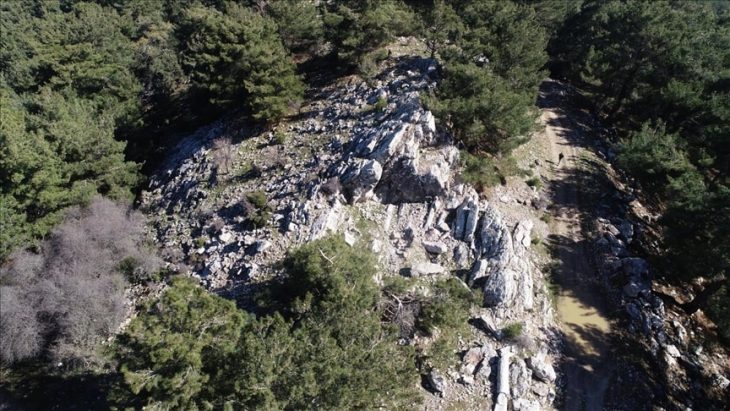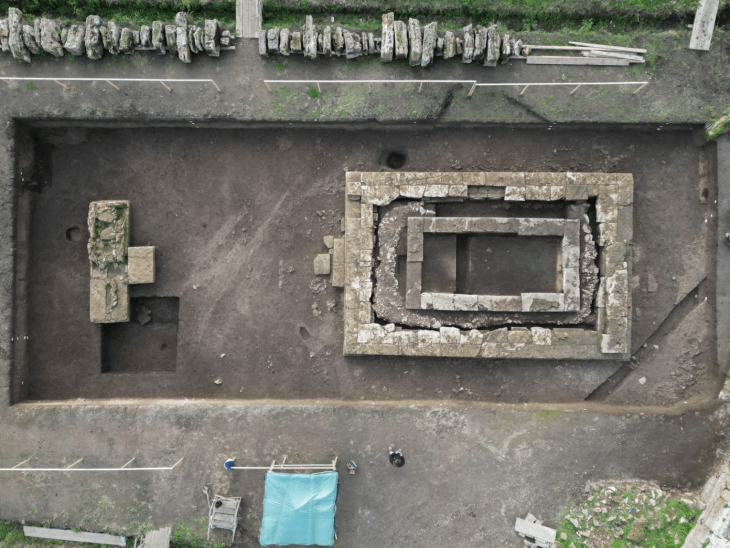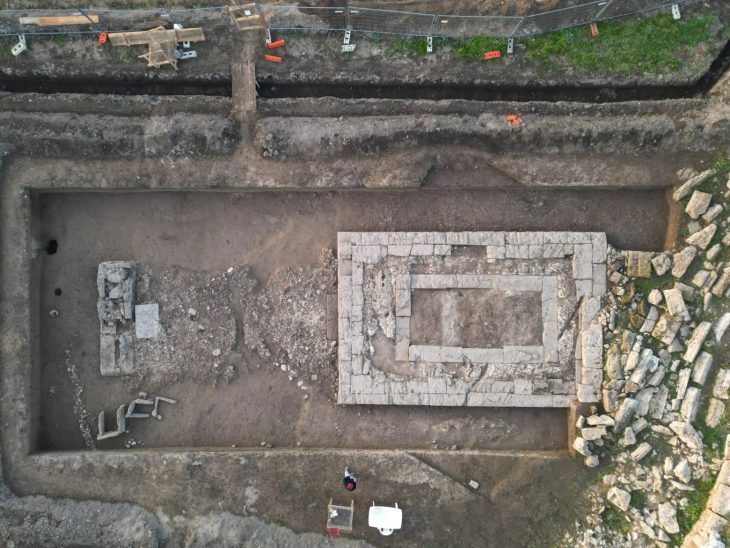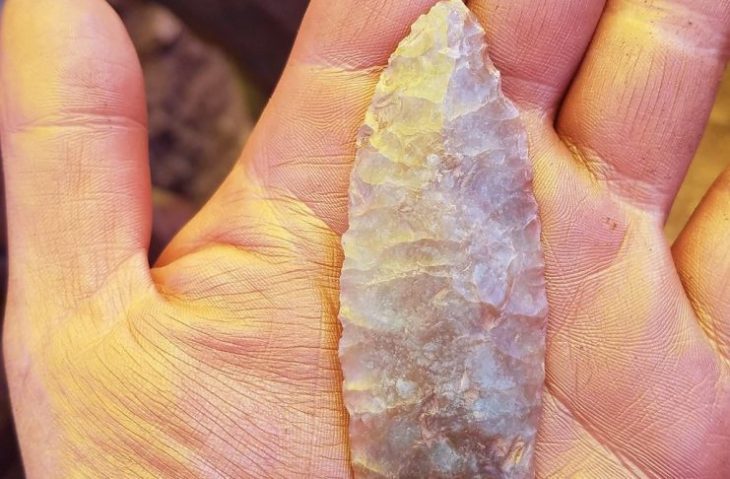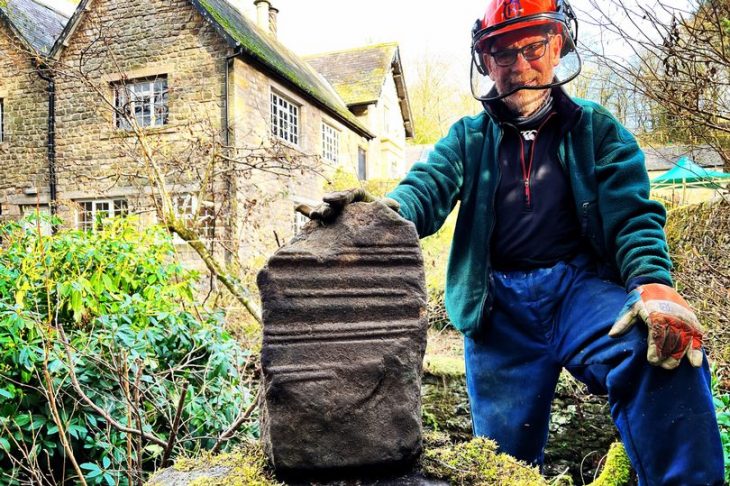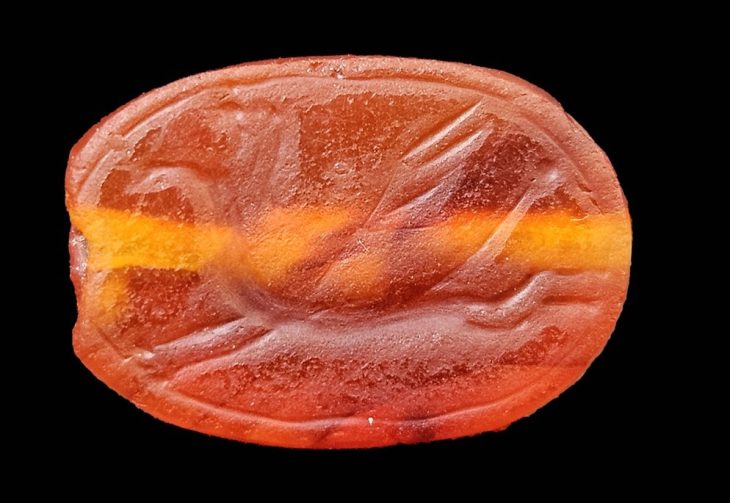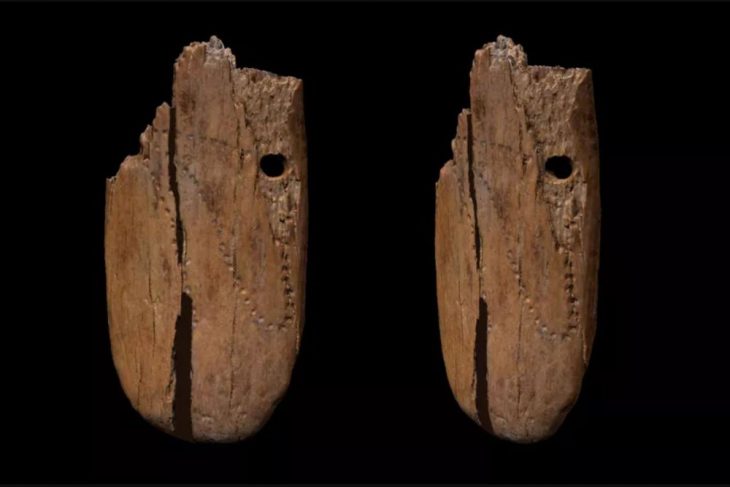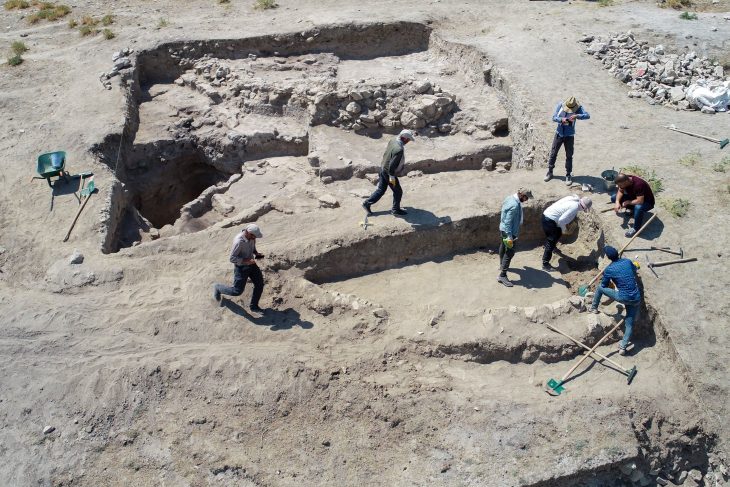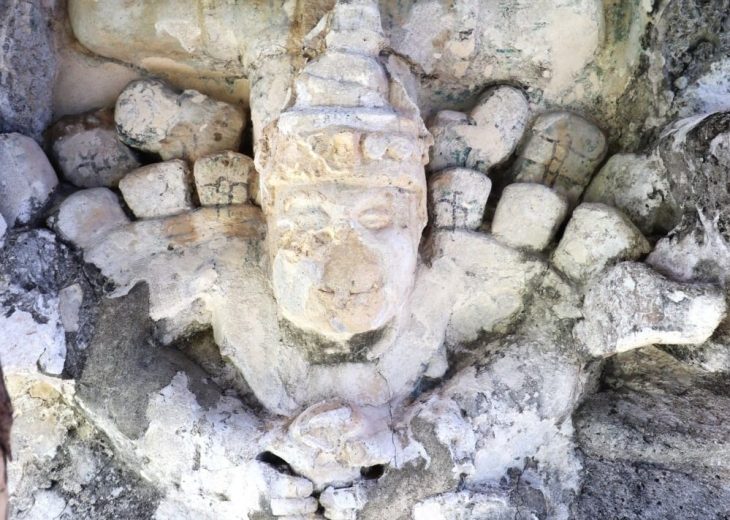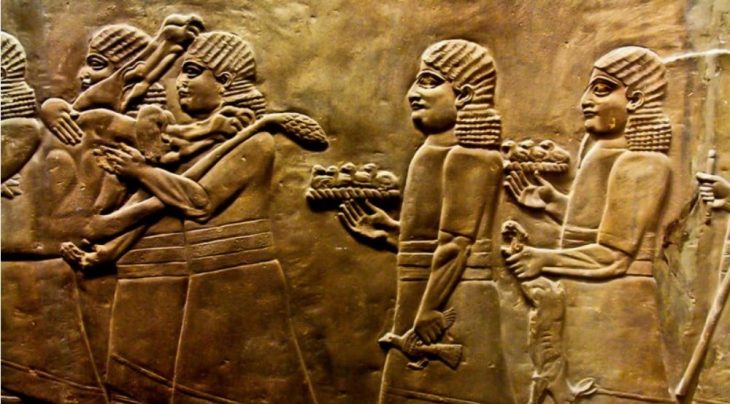Archaeologists from the University of Michigan have uncovered a pot of ancient Persian gold coins in the ancient city of Notion in western Türkiye.
Notion was founded on the west coast of Anatolia in the Gulf of Kuşadası, modern Türkiye. The name, Notion, “the place to the south,” refers to its relationship with ancient Kolophon, only 15 kilometers inland.
Kolophon gradually lost its independence, first getting under the control of Lydia. Then Persia was subjugated in the latter part of the 6th century BC. That was when Notion began to flourish, which was an Aeolian settlement according to Herodotus, unlike Colophon. The city lies just 2 km away from the famous ancient oracle at Claros. It served as the main port for pilgrims traveling to nearby Claros to visit the oracle of Apollo.
An ancient hoard of Persian coins offers insights into the political landscape around the time of the Peloponnesian War. This trove of coins is believed to have been buried around 2,400 years ago.
University of Michigan archaeologist Christopher Ratté and his research team discovered the bullion coins purely by chance “The coins were buried in a corner of the older building,” Dr. Ratté told the New York Times. “We weren’t actually looking for a pot of gold.”
Christopher Ratté, a professor of classical studies at the University of Michigan and director of the Notion Archaeological Project, “The discovery of such a valuable find in a controlled archaeological excavation is very rare. No one ever buries a hoard of coins, especially precious metal coins, without intending to retrieve it. So only the gravest misfortune can explain the preservation of such a treasure,” said.
The researchers first uncovered a small clay jug called an olpe, and hidden inside the olpe were dozens of gold coins known as daric. They feature the figure of a kneeling archer, a design element used for the Persian daric, a gold coin issued by the Persian Empire. The currency was likely minted in Sardis, located 60 miles northeast of Notion, according to a statement from the University of Michigan. The daric’s design remained consistent from the late sixth century BCE until the conquest of the Persian Empire by Alexander the Great in 330 BCE.
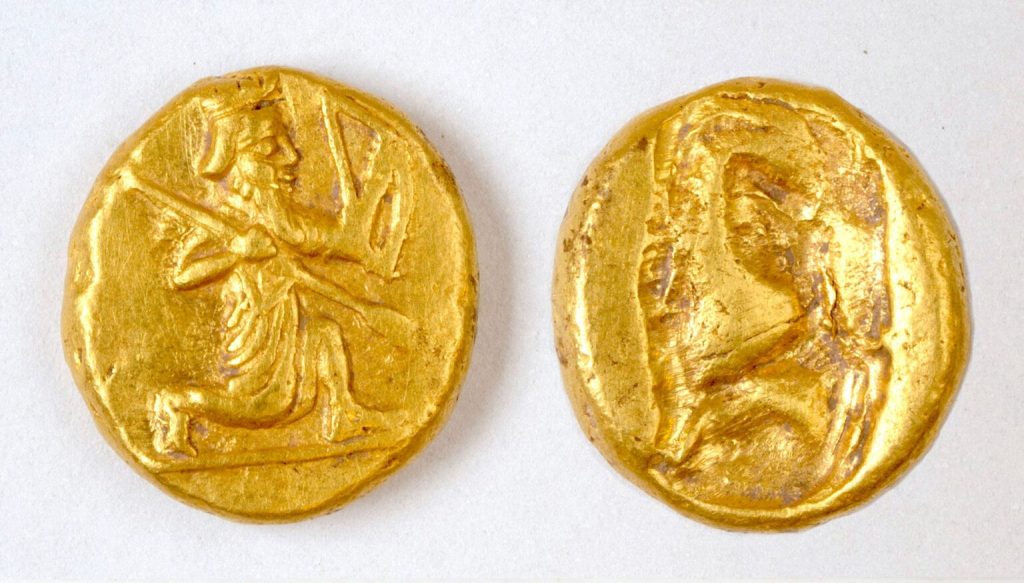
In the fifth century B.C., darics were mainly used to pay soldiers and mercenaries, with one daric equal to a month’s salary, so Ratté speculated that one such soldier may have buried his life savings, representing years of pay, in the jug before being killed in battle.
The burial of the coins coincides with a time of great military and political upheaval. Notion was occupied by a group of mercenaries and Persian sympathizers between 430 and 427 BCE. The killing of pro-Persian mercenaries by the Athenian general Paches during this period resulted in the expulsion of Persian sympathizers and the reconstruction of the city under Athenian rule. This series of incidents may explain why the treasure was buried and never found. Notion, situated in a contested frontier zone, frequently shifted between Persian and Greek control.
The excavation of Notion was initiated in 2022 by a team from the University of Michigan, Sinop University, and the Turkish Ministry of Culture and Tourism.
Ratté noted that most hoards of darics have been found by looters, who lack concern for historical context. “An archaeological find without contextual information is like a person suffering from amnesia—a person without memories. It is still interesting and important, but the loss of knowledge is incalculable,” he said.
University of Oxford archaeologist Andrew Meadows, who was not involved in the dig, said he was not aware of any other gold coin stash of this type ever being discovered in Asia Minor. “This is a find of the highest importance,” Meadows said. “The archaeological context for the hoard will help us fine-tune the chronology of Achaemenid gold coinage.”
The coins are currently housed at the Ephesus Archaeological Museum in Selcuk, Turkey, along with other artifacts recovered from the site.
Cover Photo: Notion Archaeological Project, University of Michigan

